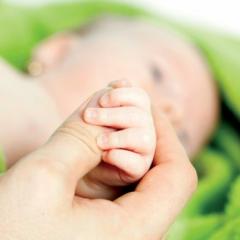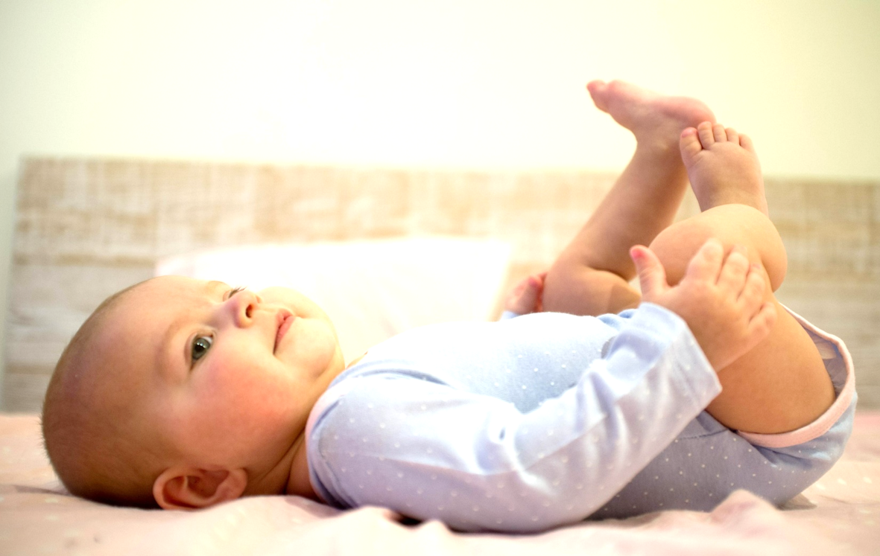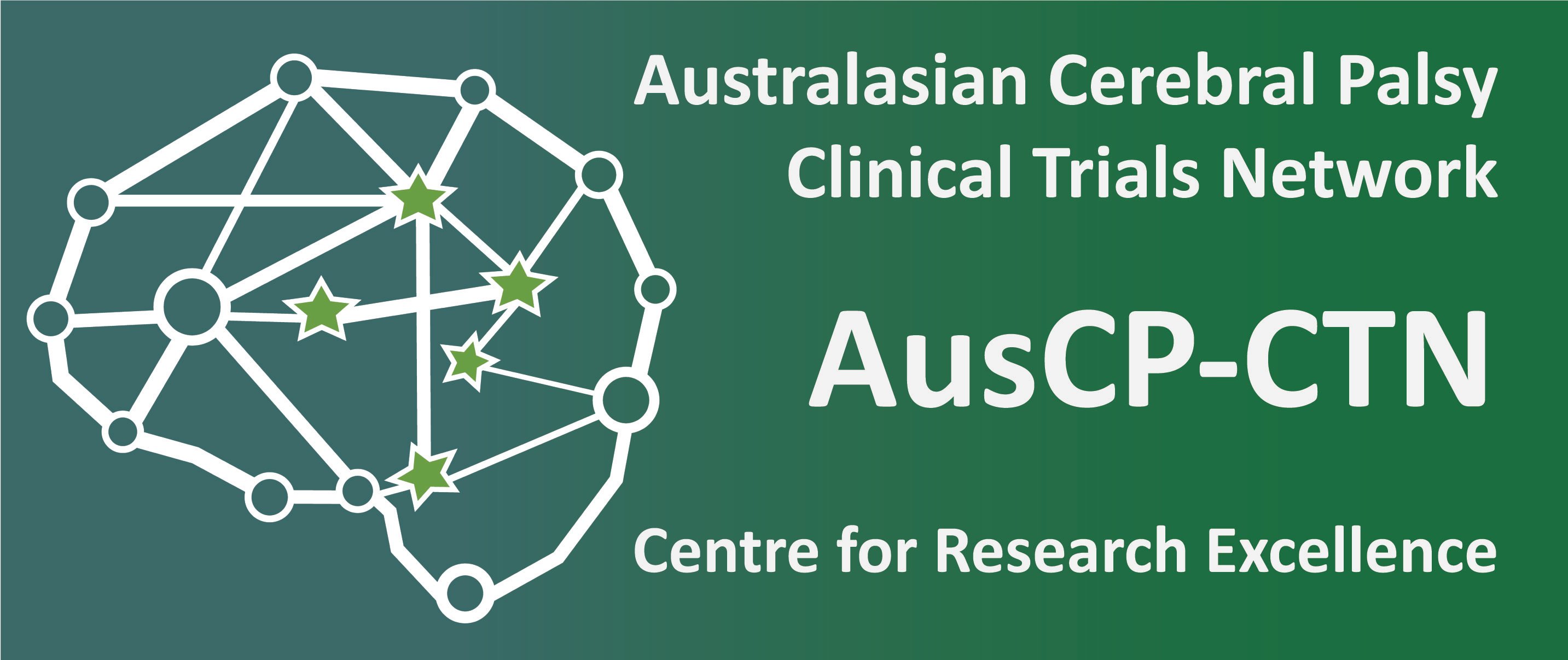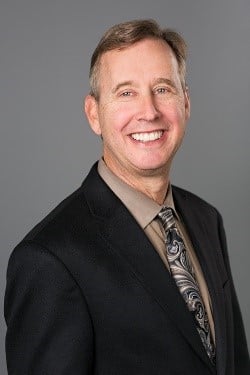Past Event
Mar
Hand Assessments in Infants (HAI) Training
 Hosted by the Queensland Cerebral Palsy Rehabilitation & Research Centre (QCPRRC), the Hand Assessments for Infants (HAI) training will be held in Brisbane on the 4th – 5th March 2019.
Hosted by the Queensland Cerebral Palsy Rehabilitation & Research Centre (QCPRRC), the Hand Assessments for Infants (HAI) training will be held in Brisbane on the 4th – 5th March 2019.
The HAI, a new assessment of hand function, has been developed for infants at risk of developing cerebral palsy (CP) in the age range of 3-12 months. The HAI intends to measure the degree and quality of goal directed actions performed with each hand separately as well as with both hands together. The outcome of the test renders a separate score for each hand, illustrating possible asymmetric hand use as well a criterion referenced measure of general upper limb ability. Age norm references will be available. As a first step, the HAI has been validated for infants with clinical signs of unilateral cerebral palsy. The HAI is scored on 17 items (12 unimanual and 5 bimanual) each scored on a 3-point rating scale.
This course teaches the reliable use of the HAI in two steps:
(1) A two day workshop where participants will learn about the constructs underlying the HAI, test procedures, test objects used, and scoring of infants from video recordings. A HAI manual with detailed scoring criteria and a computer based scoring form will be provided.
(2) Following the course, participants will be able to create their own test kit according to instructions given during the course. Feedback on the selected toys will be provided during the certification procedure. Additionally participants will be required to achieve satisfactory scoring of test cases; two which are provided by videos, and two from self-produced HAI play sessions.
Course objectives
On completion of the course participants will be able to:
- Demonstrate how to select appropriate toys for a HAI play session
- Demonstrate the set-up and video-recording of the session and how toys are used to provoke active hand use in infants
- Produce reliable scores according to the criteria in the manual
- Understand the constructs upon which the HAI is based and describe early psychometric evidence
- Interpret and communicate outcomes from the testing procedures
Who should attend:
Paediatric occupational therapists and physiotherapists who provide assessment and intervention to babies aged 3 – 12 months of age who are at risk of cerebral palsy.
Date: 4 March - 5 March
Location: Queensland Centre for Children’s Health Research, Brisbane.
Register now More detailsMar
Rehab for Kids conference
The Rehab for Kids conference is a national conference organised by the Queensland Paediatric Rehabilitation Service (QPRS), Queensland Children’s Hospital, to provide the latest information and research relevant to paediatric rehabilitation.
Dedicated streams with a variety of presentation types, including key note addresses, short workshops and research papers, will provide you with opportunities to update knowledge and network with colleagues involved in the rehabilitation of children with brain injuries, cerebral palsy, spinal cord injury, limb difference, spina bifida and other low incidence conditions.
Who can benefit from attending?
- Health professionals
- Other professionals who work with children who have received rehabilitation
- Parents/carers of children who have received rehabilitation
- Students
- Researchers
Parents/carers of children who have received rehabilitation are invited to register and attend this conference. We value our parents and carers participation and would like to offer the opportunity to attend the conference at a reduced cost. Families are also invited to attend a parent/carer networking session at no cost. Some conference content may be limited to health professionals where applicable.
Pre-conference workshops (Wed 6th)
AusACPDM Practice Update – Holistic classification in cerebral palsy (Note: Discounted rate of $100 for AusACPDM Members, $130 Non Members)
Practical workshop on the Hammersmith Infant Neurological Assessment: $50
Champion your child: How to be the voice your child needs in a complex system: Free
Spotlight on concussion rehabilitation: $100
Full Programme (Thur 7th, Fri 8th)
NOTE: The AusACPDM AGM will take place on Thursday the 7th March at ~1.10pm (AEST) during the lunch break (Queensland Children’s Hospital Level 7 seminar rooms 3/4.) Video conference links will be made available for the AGM. (more…)
Date: 6 March - 8 March
Location: Queensland Children’s Hospital
Register now More detailsMar
General Movements Training- 1 day Refresher Course
Prechtl’s Method of the Qualitative Assessment of General Movements Training
The Refresher Course will provide a 1-day additional intensive training in correct judgement. This training will deal with the details of the assessment, the proper terminology and technique as well as with the application of individual developmental trajectories. Participants should bring one case study.
Who should attend?
To attend the 1-day Refresher Course, participants must have attended and passed the Basic or Advanced GMs course.
Date: 1 March - 1 March
Location: Cairns (TBC)
Register now More detailsFeb
Prechtl’s General Movements – Basic, Advanced, and Refresher Courses, QLD, Australia, 2020
Did you know you can detect children at high risk of cerebral palsy in the first few months of life?
The Basic Course provides an introduction into Prechtl’s Method on the Qualitative Assessment of General Movements in young infants. This new assessment method has shown its merit for the prenatal and postnatal evaluation of the integrity of the nervous system. Compelling evidence is now available that qualitative assessment of General Movements (GMs) at a very early age is the best predictor for cerebral palsy. This method has become a potent supplement to the traditional kind of neurological examination.
The Advanced Course will provide an additional intensive training in correct judgement. This training will deal with the details of the assessment, the proper terminology and technique as well as with the application of individual developmental trajectories.
Who should attend?
Medical specialists, neonatologists, physiotherapists, occupational therapists, registered nurses and other professionals in the field of infant neurology. Participation in the Advanced Course is possible only for individuals who successfully passed a Basic Training Course held under the auspices of the GM-Trust. The courses fulfil the standards specified by the GM-Trust (www.general-movements-trust.info).

Date: 25 February - 4 March
Location: The University Of Queensland, St Lucia
Register now More detailsMar
Generation Physio – Queensland Paediatric Physiotherapy Clinical Network 2019 Conference

The Queensland Paediatric Physiotherapy Clinical Network (QPPCN) is excited to invite all physiotherapists to attend our 2019 conference-‘Generation Physio’.
‘Generation Physio’ will showcase innovations in physiotherapy management for our youngest generations – Gen Z and Generation Alpha.
Join us to look at the past, present and future priorities for paediatric physiotherapy
With keynote Speakers:
Dr Kellie Stockton, Dr Craig McBride and A/Prof Alicia Spittle
Costs:
$80 Early Bird (closing 19th Dec 2018)
$90 Regular (closing 23rd Feb 2019)
Accepting abstract submissions
Presentation types: Oral presentations, poster display, case studies.
Abstract submissions close: 21st December 2018
Submit all abstracts via QPPCN@health.qld.gov.au
Date: 9 March - 9 March
Location: Queensland Children's Hospital
Register now More detailsNov
Hot Topics in Cerebral Palsy – Muscle Research Forum

The AusCP-CTN invites you to join us at the “Hot Topics in Cerebral Palsy – Muscle Research Forum – 30th November 2018” for a day of presentations from a panel of national and international experts, on the topics of muscle and biomechanical research in cerebral palsy.
The AusCP-CTN CRE aims to foster and develop current and future leaders in cerebral palsy research and clinical practice. The CRE’s vision for the future workforce for children with Cerebral Palsy is national capacity building comprising individuals (Medical/Allied health) with expertise in more than one key area of research and/or training (basic science/neuroscience, epidemiology, clinical/health services initiatives, and translation/implementation).
International Keynote Speaker

Professor Richard L. Lieber, PhD.
Professor & Chief Scientific Officer, Shirley Ryan Ability Lab & Departments of Physical Medicine & Rehabilitation & Biomedical Engineering. Northwestern University, Chicago.
Topic: Biological & Biomechanical Studies of Skeletal Muscle Contractures in Cerebral Palsy.
See the full program here
Date: 30 November - 30 November
Location: Centre for Children's Health Research, Brisbane
Register now More detailsNov
Prechtl’s Method of the Qualitative Assessment of General Movements- Basic Course

This three and a half day course provides an introduction into Prechtl’s Method on the Qualitative Assessment of General Movements in young infants. This new assessment method has shown its merit for the prenatal and postnatal evaluation of the integrity of the nervous system. Compelling evidence is now available that qualitative assessment of General Movements (GMs) at a very early age is the best predictor for cerebral palsy. This method has become a potent supplement to the traditional kind of neurological examination.
Who should attend? Medical specialists, neonatologists, physiotherapists, occupational therapists, registered nurses, and other professionals in the field of infant neurology
Date: 1 November - 4 November
Location: Cerebral Palsy Alliance, 187 Allambie Road, Allambie Heights NSW
Register now More detailsNov
Prechtl’s Method of the Qualitative Assessment of General Movements: Basic and Advanced Course

This three and a half day course provides an introduction into Prechtl’s Method on the Qualitative Assessment of General Movements in young infants. This new assessment method has shown its merit for the prenatal and postnatal evaluation of the integrity of the nervous system. Compelling evidence is now available that qualitative assessment of General Movements (GMs) at a very early age is the best predictor for cerebral palsy. This method has become a potent supplement to the traditional kind of neurological examination.
Who should attend? Medical specialists, neonatologists, physiotherapists, occupational therapists, registered nurses, and other professionals in the field of infant neurology
Both courses fulfil the standards specified by the General Movements Trust (http://general-movements-trust.info). Assessment is conducted on the last day of the course. Attendees may be able to receive up to 22.75 hours of CPD with professional bodies.
Date: 7 November - 10 November
Location: Alan Gilbert Building, University of Melbourne
Register now More details
